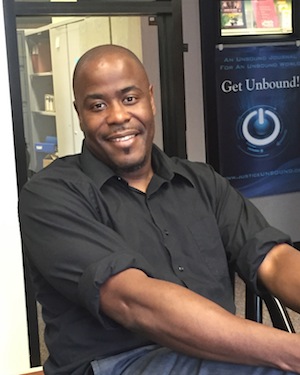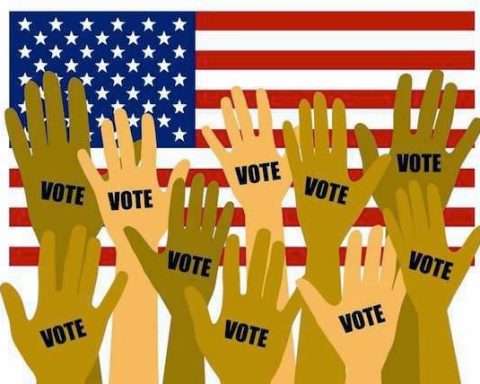[wpcol_1half id=”” class=”” style=””]
A New Consciousness Arises
For more than a decade there had been a growing movement to increase the supply of more affordable housing in Ann Arbor. City Council member Tobi Hanna-Davies, a veteran of numerous social justice efforts in Ann Arbor, had been aware for some years that there was a need for a broad-based coalition of organizations to come together to work more effectively for a substantial increase in housing that would be affordable to low-income service workers, and also to very low-income people coming out of homelessness. Hanna-Davies had also served as the part-time director of the Interfaith Council for Peace and Justice (ICPJ). In 1999, she shared her concern with the members of the ICPJ. A small group from the ICPJ decided to bring together people from the religious community and nonprofit housing organizations. They sponsored a series of meetings for local clergy, lay leaders, and representatives from nonprofit housing organizations to explore possibilities for collaboration. Four breakfast meetings were hosted by several congregations and brought out about fifty individuals from a dozen religious congregations as well as representatives from two nonprofits—Avalon Housing, Inc. and Washtenaw Affordable Housing Corporation. A core group of about fifteen people decided to continue meeting to explore ways to take up the challenge for truly affordable housing.[1]
A process of smaller meetings took place over the ensuing months in which discussion within local congregations began to stir up a measure of willingness to participate in a wider movement for affordable housing. An informal gathering of clergy, nonprofit housing professionals, lay leaders from congregations, some representatives from the community development department of the city, and members of the ICPJ continued to meet on a monthly basis. A decision was made by this informal group to organize a new nonprofit entity to focus on housing for very low-income families and individuals. A small task group was asked to write a statement of purpose, bylaws, and to do the necessary work to prepare for formal incorporation.
Early in 2000, formal incorporation took place and Religious Action for Affordable Housing (RAAH) was born. It began with a board of directors of fifteen people (one-third were activists from ICPJ), no paid staff, no office, but with a big vision focused on three goals:
- Fundraising for capital investment in housing for people of low income;
- Public advocacy focused at the city, county and state government levels; and
- Education for public awareness targeted in religious congregations.
[/wpcol_1half] [wpcol_1half_end id=”” class=”” style=””]
The Mission Statement, adopted in January 2000, indicates the religious sources of motivation and the commitment to social justice by RAAH:
Acknowledging the acute shortage of low-cost housing and affirming the moral imperative to work for social justice arising from the diverse religious traditions of our faith communities, we affirm that:
- The mission of Religious Action for Affordable Housing (RAAH) is to work for the substantial increase of low-cost affordable housing…
- RAAH will carry out its mission through collaboration with the religious congregations, working in cooperation with the existing nonprofit housing organizations…
- RAAH will seek to identify the moral values that undergird the challenge to create affordable housing, focus on serving the most vulnerable people, work to create and sustain supportive community, encourage vision and action that moves beyond charity toward justice…
- RAAH will engage in education, public interpretation, advocacy, fundraising, promoting community land trusts, and support of other appropriate affordable housing efforts.[2]
Within a few months, RAAH elected a group of energetic officers, acquired a mailing address at the downtown St. Andrew’s Episcopal Church, formed an alliance with two nonprofit housing organizations—Avalon Housing, Inc. and Washtenaw Affordable Housing Corporation—by inviting their representatives to serve on the RAAH Board, and began to focus on education within congregations and the search for a first major housing project. With help from a local attorney, RAAH applied for and secured 501(c)3 federal tax-exempt status, and organized three task groups to do advocacy and education, planning for fundraising, and growth in membership. During its initial two years, RAAH was helped by small grants for current operating expense from the United Church of Christ and the Disciples of Christ. The staff of the ICPJ provided supportive services, including financial accounting, membership database, and periodic mailings.
[/wpcol_1half_end]






Unbound Social